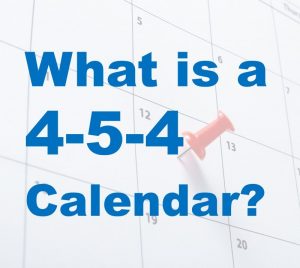 Market Basket Analysis, part of the Retail Link data available to Walmart Suppliers, looks at what’s know as “association rules” in shopping: what items are bought together. Sometimes, as our facilitator Julie James explains in Beginning Retail Link classes, it doesn’t mean much. Bananas,for example, are bought with everything and finding that your product sells with bananas probably doesn’t mean much.
Market Basket Analysis, part of the Retail Link data available to Walmart Suppliers, looks at what’s know as “association rules” in shopping: what items are bought together. Sometimes, as our facilitator Julie James explains in Beginning Retail Link classes, it doesn’t mean much. Bananas,for example, are bought with everything and finding that your product sells with bananas probably doesn’t mean much.
The surprises are the things to look at closely. By identifying the non-obvious connections, you can find actionable data you might otherwise have missed.
Retail Link insights are only really useful if you take action on them. Let’s examine some of the actions you might take on the basis of Market Basket Analysis:
- What goes together, sells together. One of the most famous examples is the case of beer and diapers. Giant packs of diapers, analysis showed, were selling with beer on Friday afternoons. This was a surprise; beer and diapers don’t obviously go together. Further study found that women were skipping the giant packs of diapers during their weekly shopping, because they didn’t fit in the cart with baby and a week’s worth of groceries. They were having Daddy pick up the diapers after work on Friday, and he was grabbing a six pack at the same time. Moving the beer display near the diapers increased the sales of beer.
- Catch the wave. Raspberries and chicken don’t usually belong together, and they’re not usually sold together. When a Pinterest recipe for Raspberry Chipotle Chicken went viral, communities with plenty of tech-savvy SAHMs saw the combination of raspberry jam, chipotles, and chicken picking up steam. Offering the recipe at the point where shoppers found chicken encouraged them to visit the shelves for the less-popular jam and peppers, too. In a case like this, adding a QR code to shelf talkers can direct shoppers to their beloved social networks and let you share in the love.
- Recognize the true value. Julie gives the example of mops. Mops themselves may not be as popular an item as they used to be, now that Swiffers have horned in on their market share. People who buy a mop, however, are usually serious about cleaning. They’re likely to buy cleaning solutions and other household tools, and their Market Baskets will bring in more money than the cart that holds a Swiffer. Knowing — and being able to prove — the true value of your items can be very beneficial.
Learn about Market Basket Analysis in all our Retail Link courses — we have training for every level of prior knowledge, from job seekers to senior analysts.



